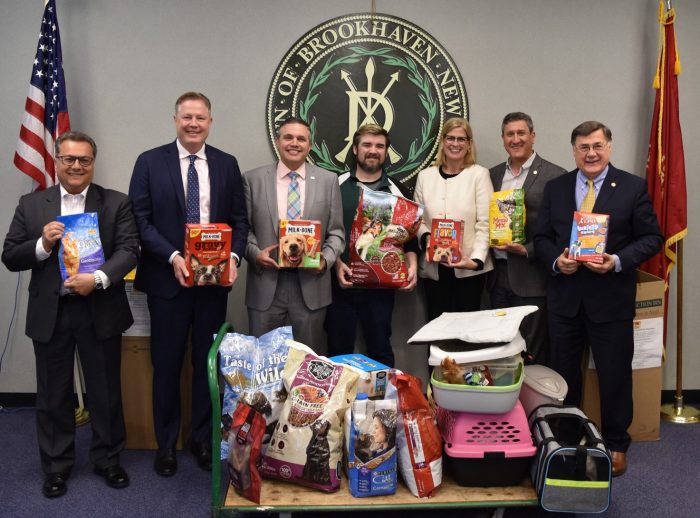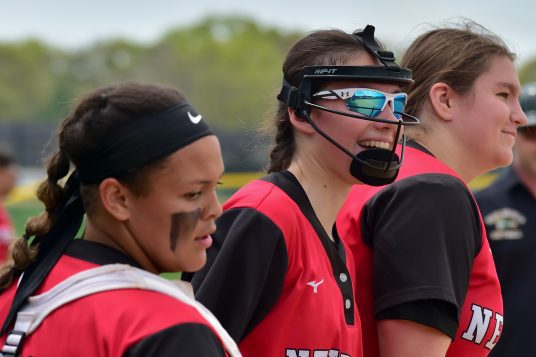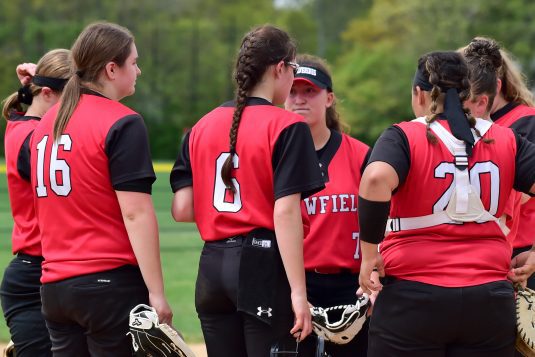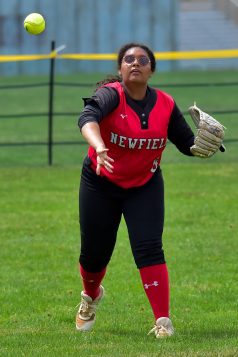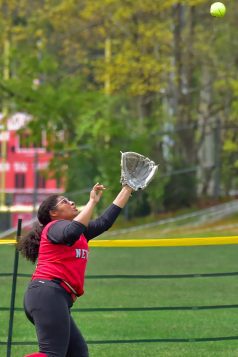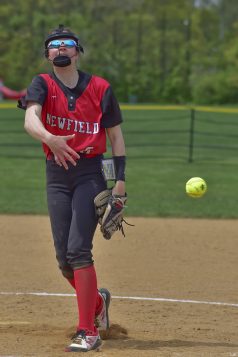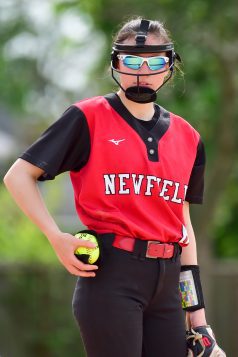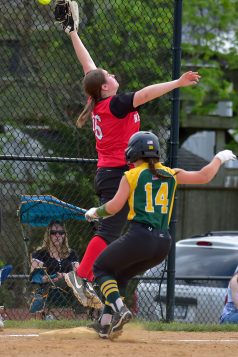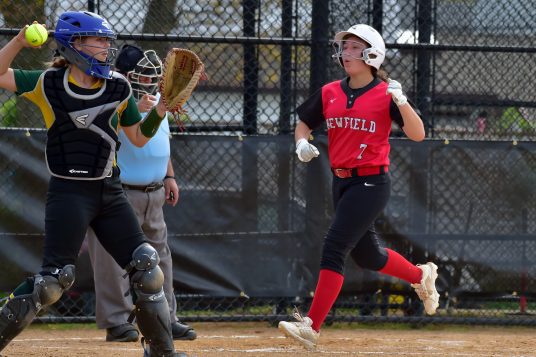By Daniel Dunaief

Some people live from one list to another, checking off boxes only to create new tasks and new goals.
Some of the things on the list are manageable, like picking up medicine from the drug store, shopping for the ingredients to cook dinner, or bringing a friend to or from the airport.
Others are much broader and appear on the list almost daily, even if we take small steps to get closer to them, like getting a job, losing weight, or moving to a new apartment or a new city.
Those bigger goals, while important, can make these lists cumbersome and, seemingly, never-ending. Perhaps we need a few easily achievable tasks that reflect the reality of our lives. To that end, how about a few items from the practical, the mundane and the absurd:
— Walk into a room, forget what you needed, stand in the room for a moment, shrug and walk out. While that doesn’t happen every day, it has certainly happened to me. I’ve also seen it happen to others. Somehow, putting it on a list makes it seem like an accomplishment, rather than a reflection of the distracted state in which we live.
— Pet an animal while working from home instead of finishing an assignment. While deadlines help us accomplish our goals, petting our dogs and cats, or staring at our fish, lowers our blood pressure and soothes us. Take a moment to enjoy the fur of a pet who will likely appreciate the attention.
— Turn off the light in a room when no one is there. Yes, this is small, but it lowers the electricity bill. Checking off this box should be easy and it increases our checked off list. The devilish among us might “accidentally” turn the light off when someone is in the room.
— Take a power nap. Instead of feeling guilty about walking away from your desk or your dog, feel good about the few minutes you get closing your eyes to restore your peace of mind.
— Use a new word, like feckless as often as possible. Feckless sounds kind of angry and frustrated, which can reflect the frustrations of a feckless manager.
— Throw something. Try not to break anything or cause any damage, but the sheer pleasure of throwing something like a football, baseball or even a balled-up piece of paper at a garbage can offer a satisfying outlet and a way to offset the figurative paper cuts we endure each day.
— Stop at a yellow light. I know we’re all in a hurry, but if we put this one on the list, we can feel good about stopping when the light is about to turn red.
— Smile at someone. This one is so easy, and yet it’s worth putting on a list because we might make someone feel better during the day or offer support in an important moment.
— Be grateful. Anger is everywhere around us, particularly on TV, where talking heads share the latest outrage from here, from there, from everywhere. Be grateful for the person who stocks the shelves at the grocery store, the person who takes your insurance information at the doctor’s office, or for the emergency workers who stand by ready to help the rest of us.
— Watch nature do something cool. Enjoy the sight of a wave on the beach, the sound of the wind rustling through the leaves, the parade of ants climbing a tree, or the shades of yellow and orange light that the sun casts on trees and the sides of buildings as it sets at the end of the day and as you’re checking off your list of manageable achievements.





